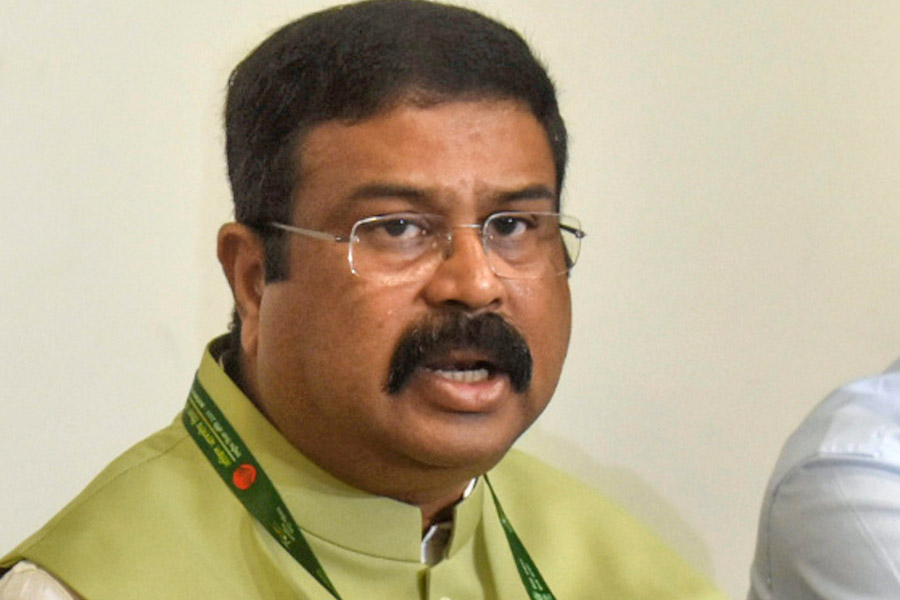Car showrooms sprawled across vast areas and often in prime real estate may be a thing of the past as the industry moves towards a hybrid digital and brick-and-mortar model that will lessen the need for physical infrastructure and manpower.
Both the leading manufacturers Maruti Suzuki India Ltd and Hyundai Motor India Limited have an end-to-end digital car buying platform with just test drive and delivery being a physical experience.
“We have digitised 24 of the 26 touchpoints in a car buying experience,” said Shashank Srivastava, sales and marketing head of Maruti Suzuki, while launching its online car finance platform.
“Since car buying is a very involved process with touch and feel playing an important part, the test drive and delivery of car remains a physical interaction for the car buyer,” said Srivastava
The company has 1,000 digital showrooms and has been advising its dealers to digitise. “The dealers are at various stages of digitisation. Some parts of the websites are integrated with the company website,” said Srivastava.
Cities such as Bangalore, Pune, Hyderabad which have a strong IT culture have digital showrooms while the other parts of the country are slowly adopting to the model.
Car purchase is the second largest value purchase for consumers after house buying and 94 per cent of the buyers visit the showroom for the trust and comfort factors.
“In rural areas and smaller cities sales people interact with customers,” said Srivastava who also agreed that showrooms will become smaller and there will be less requirement of manpower at the dealerships as the digital car buying processes get more traction.
“About 90 per cent of the customers are doing their research online. This was happening even before the pandemic. After the pandemic, this has become the norm. People are no longer dropping in showrooms for enquiries,” said an industry source.
The format for dealerships will change and so will the requirement of manpower. “The more the process becomes digital the productivity will go up,” said Srivastava. The need for salespersons at the showrooms will also lessen as processes become automated.











